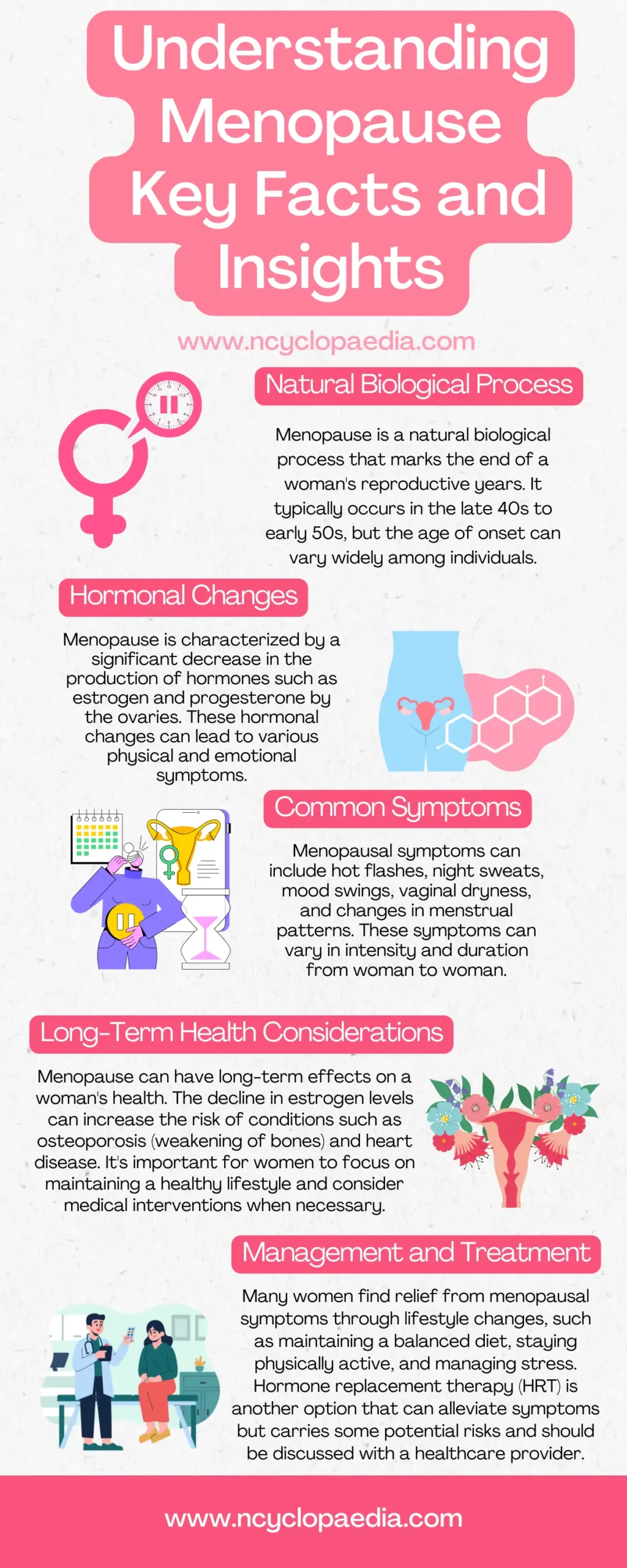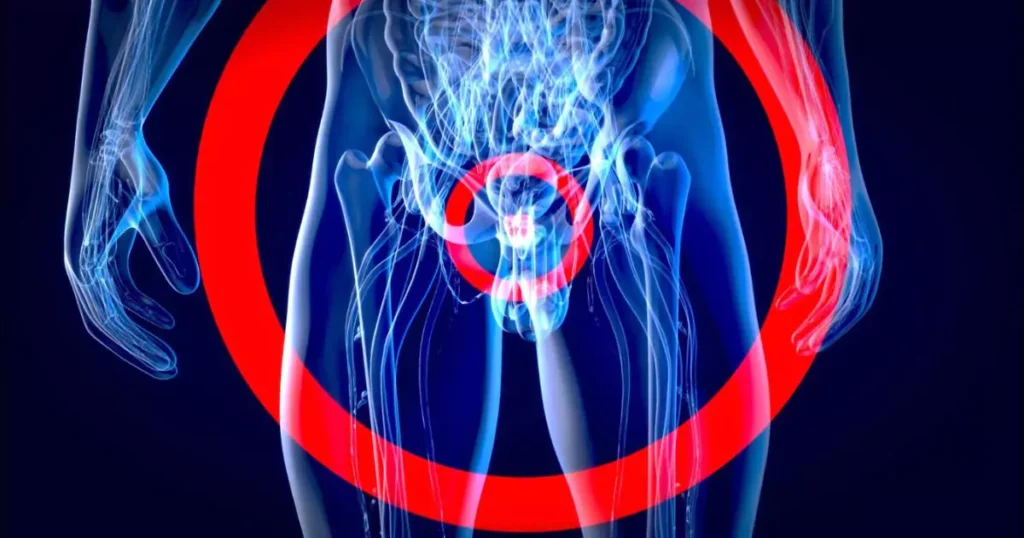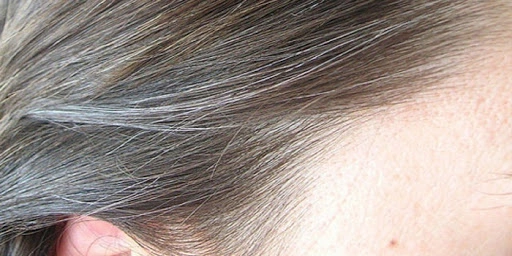
Are you dreading the ‘menopot’? Fear not! As you step into your forties, a world of change awaits, but it’s not all doom and gloom. Yes, menopause might be around the corner, bringing its infamous weight gain, particularly around the belly, but this isn’t a battle you have to lose.
Forget the old wives’ tales and the resignation to fate; it’s time to rewrite the narrative of menopause and weight gain. In this insightful guide, we’ll arm you with effective, practical strategies to not only manage but conquer those extra pounds. Get ready to take control, embrace the change, and show menopause who’s really in charge. Welcome to your empowering journey towards a healthier, happier you in your forties and beyond!
As we get older, our bodies make less estrogen, which slows down how fast we burn calories. This makes it harder to lose weight, and putting on extra pounds can be harmful to our health, leading to problems like heart disease, diabetes, and even certain cancers. Ready to tackle this? Here are some great ways to keep that extra weight off:
Enhanced Physical Activity:
It’s crucial to stay active, but how you do it can make a big difference. Aim for a balance between cardiovascular exercises (like brisk walking, jogging, cycling, or swimming) and strength training (using weights, resistance bands, or bodyweight exercises). Cardio exercises help improve heart health and burn calories, while strength training builds muscle, which burns more calories even at rest. Varying your workouts prevents your body from getting too used to a specific routine, which can slow down weight loss. Consider activities like dance classes, hiking, or sports to make exercise more enjoyable and less repetitive.
Mindful Eating and Portion Control:
As your metabolism slows down with age, the amount of food you need decreases. Focus on portion control: use smaller plates, and when serving food, fill half your plate with vegetables, a quarter with lean protein (chicken, fish, tofu), and a quarter with whole grains or starchy vegetables. Incorporating more fruits and vegetables in your diet can help satisfy hunger with fewer calories. Also, eating slowly and mindfully can help you recognize when you’re full, reducing the likelihood of overeating.
Incorporating Movement Throughout the Day:
Staying active doesn’t just mean scheduled exercise; it also involves integrating movement into your daily routine. Instead of sitting for long periods, look for opportunities to stand or walk. Use a standing desk, take stairs instead of elevators, or walk while talking on the phone. These small changes can add up to a significant increase in your daily calorie burn.

Healthy Fats and Snack Choices:
Menopause can increase cravings, but it’s essential to choose healthy options. Include foods high in healthy fats, like nuts, avocados, olives, and fatty fish (such as salmon, mackerel, and sardines). These foods are not only nutritious but also keep you full for longer, helping to curb cravings. However, it’s important to consume them in moderation as they are calorie-dense.
Eating Schedule and Meal Composition:
What and when you eat is crucial. Aim to have your largest meal during the day when you’re most active and scale down meal sizes as the day progresses. Eating a heavy meal late at night, when your metabolism is slower, can contribute to weight gain. Include a balance of protein, fiber, and healthy fats in your meals to feel satisfied and full.
Quality Sleep and Its Importance:
Sleep plays a critical role in regulating hormones that control appetite. Aim for 7-8 hours of quality sleep each night. Create a comfortable sleep environment, free from distractions like electronic devices. If menopause symptoms like hot flashes disturb your sleep, consider using breathable bedding and keeping your bedroom cool. Sticking to a regular sleep schedule can also improve sleep quality.
Effective Stress Management:
High stress levels can lead to weight gain, especially around the midsection. Develop stress management techniques that work for you. This could include activities like yoga, meditation, deep breathing exercises, or simply enjoying a hobby. Regular exercise can also be an effective stress reliever. Remember, managing stress is not just about weight management; it’s crucial for overall health and well-being.
In conclusion, navigating the changes your body goes through during your forties and approaching menopause can be challenging, but it’s far from impossible. By embracing a combination of regular physical activity, mindful eating, and overall lifestyle adjustments, you can effectively manage your weight and maintain your health. It’s about finding a balance that works for you and adapting to your body’s evolving needs. Remember, staying active, eating right, getting enough sleep, and managing stress are not just strategies for weight control; they are pillars of a healthy, fulfilling life. Embrace these changes as an opportunity for growth and self-care, and you’ll find that menopause and the years leading up to it can be a time of empowerment and well-being. Remember, your health is in your hands, and with the right approach, you can thrive during this new chapter of your life.

























































































































